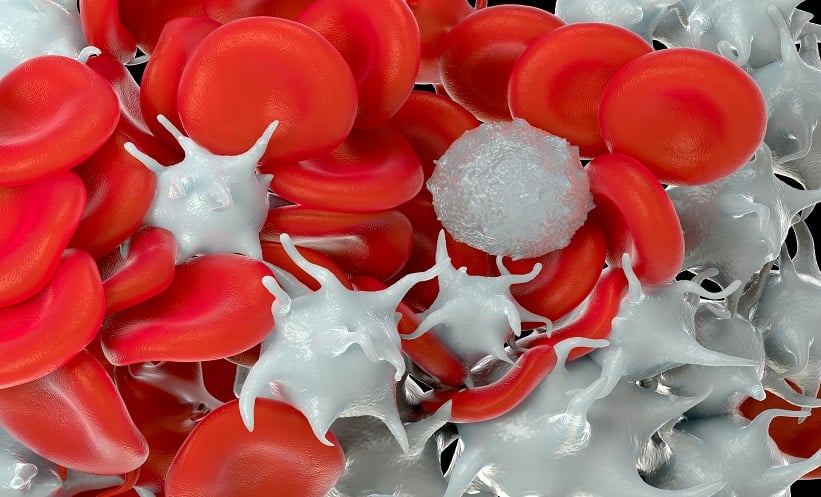A new study has revealed insights into the behaviour of platelet factor XIII-A (FXIII-A), a major cytoplasmic protein, during platelet activation. Researchers sought to understand how FXIII-A is retained or released when platelets are activated, a process critical for blood clotting. While FXIII-A makes up around 3% of the total protein in platelets and 50% of circulating FXIII, its mobilisation during activation was previously unclear.
The study, conducted on platelets from healthy humans and mice, involved stimulating platelets with thrombin, convulxin plus thrombin, and calcium ionophore in the presence or absence of various inhibitors. Despite strong activation, more than 80% of FXIII-A remained associated with the platelet pellet rather than being released, contrasting with other cytoplasmic proteins like tissue factor pathway inhibitor, which were released into the supernatant.
This retention was not due to new FXIII-A synthesis and was influenced by factors like STIM1 signaling, microtubule rearrangement, and RhoA activation. Released FXIII-A was cleaved and susceptible to degradation, while platelet-associated FXIII-A remained intact.
The findings suggest that platelet-derived FXIII-A plays a distinct role compared to plasma FXIII, potentially acting as a protected pool that resists proteolysis by enzymes like thrombin and plasmin. This new understanding of FXIII-A dynamics in platelets could have implications for clotting-related disorders and therapeutic interventions.
Helena Bradbury, EMJ
Reference
Sang Y et al. Activated platelets retain and protect most of their factor XIII-A cargo from proteolytic activation and degradation. Blood Adv. 2024;8(19):5072-85.







